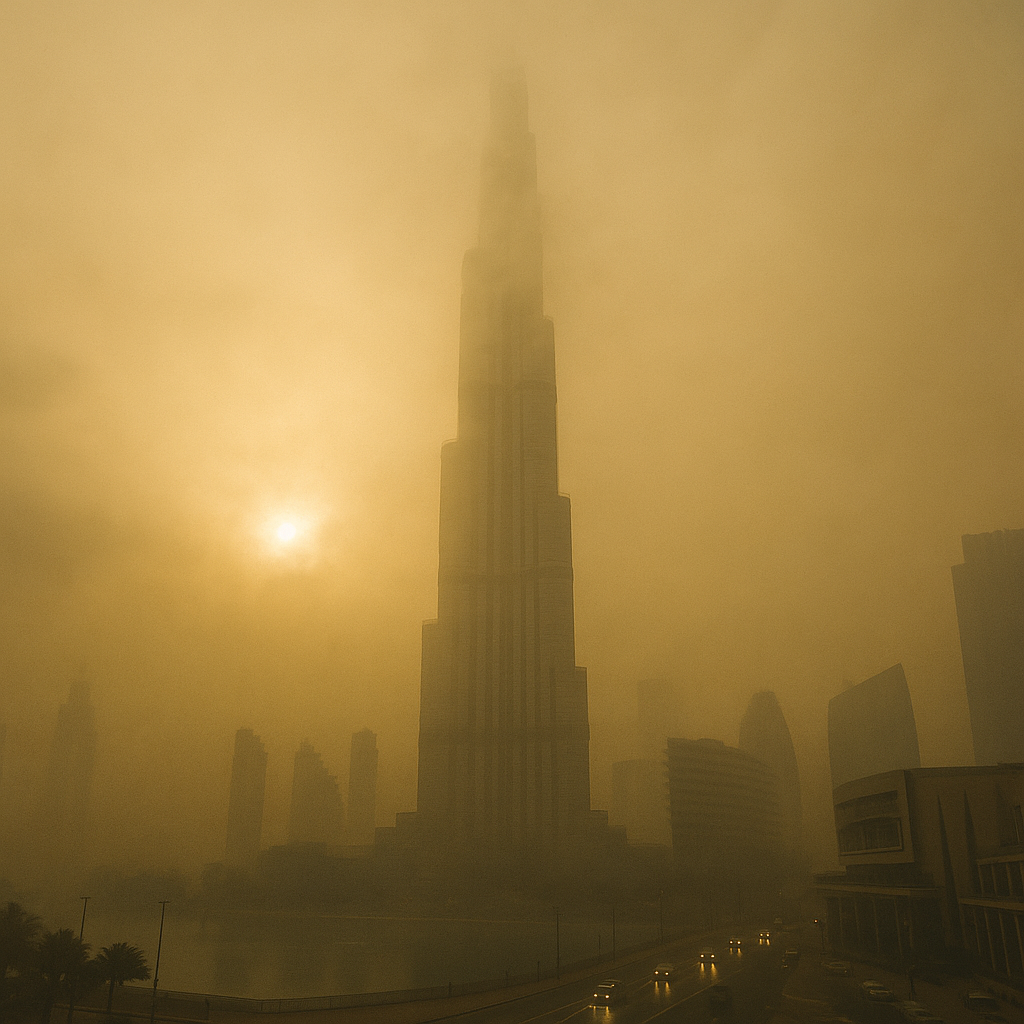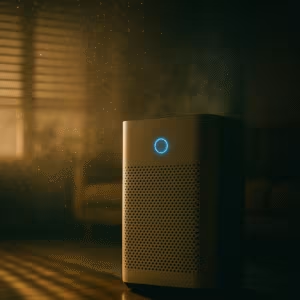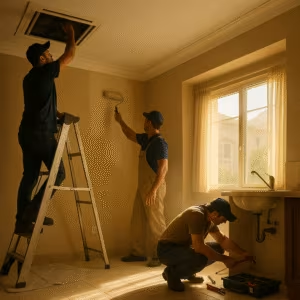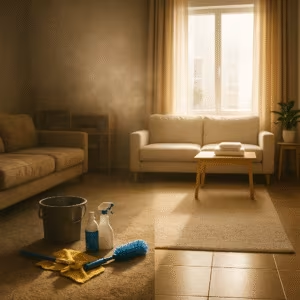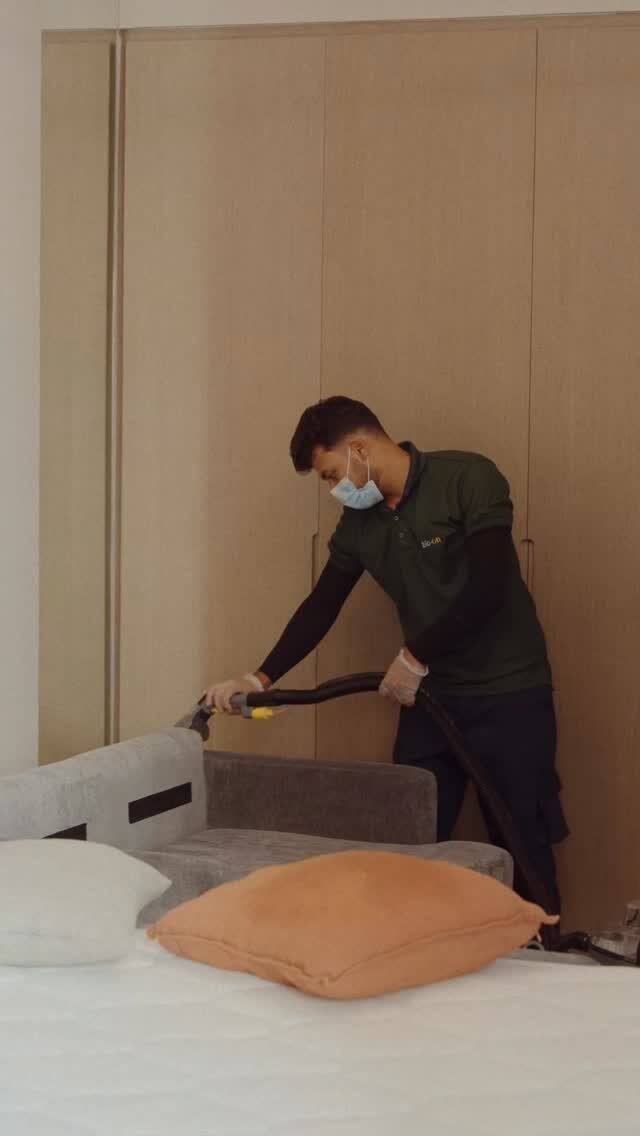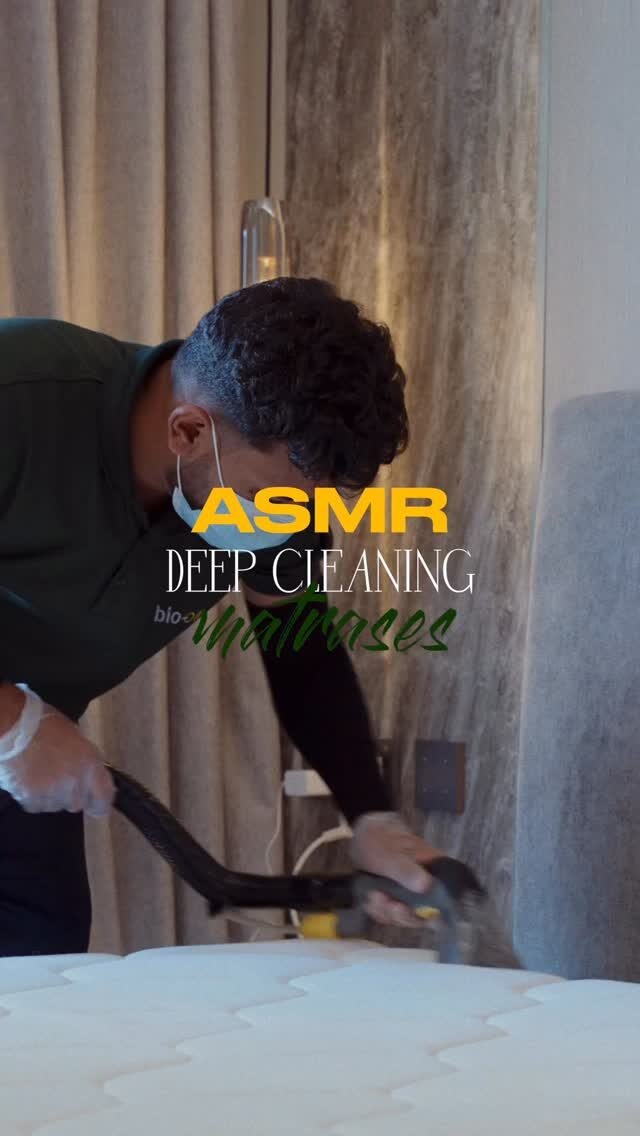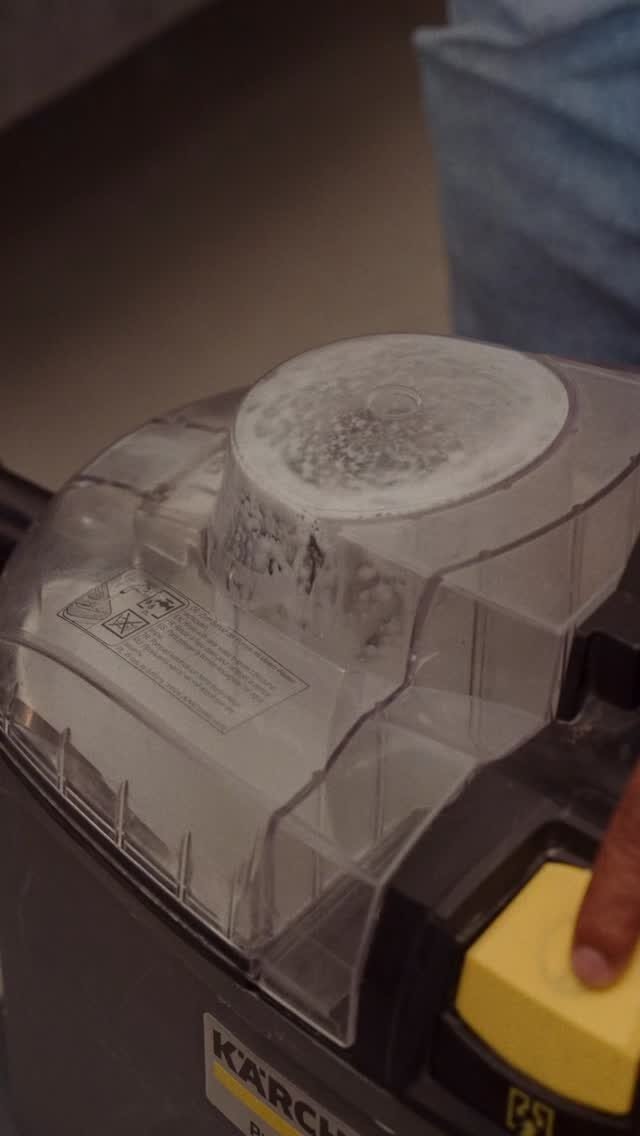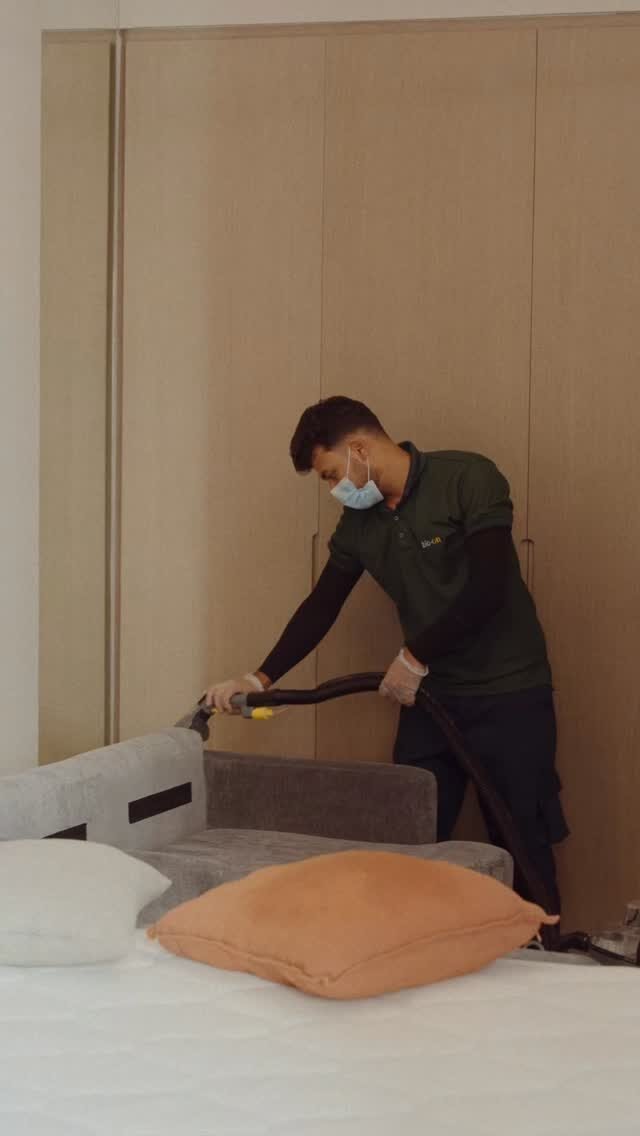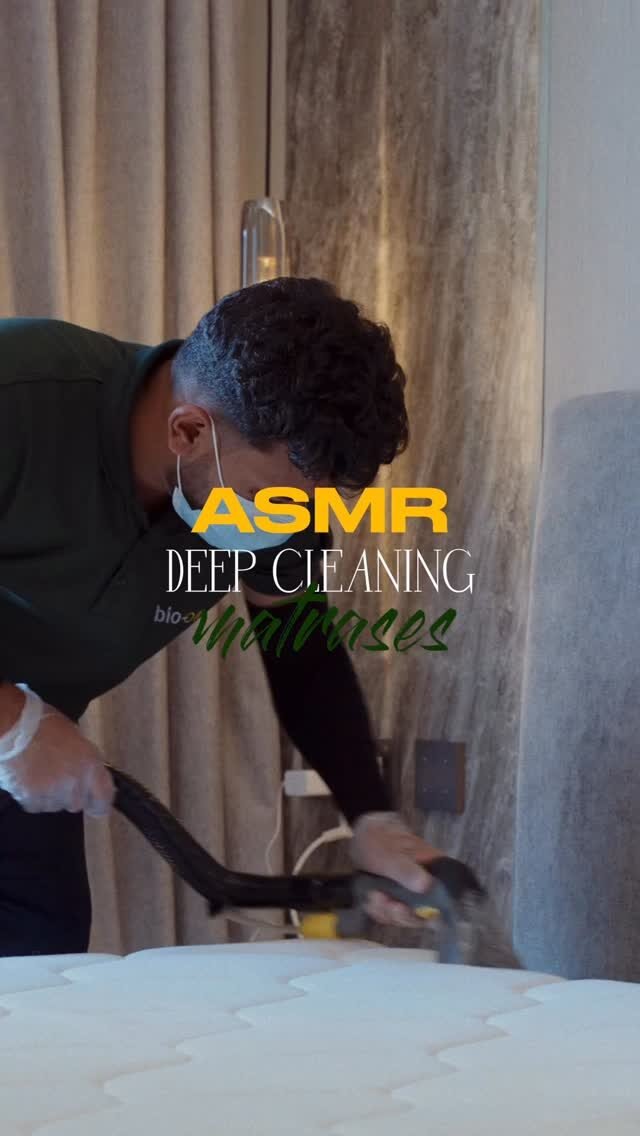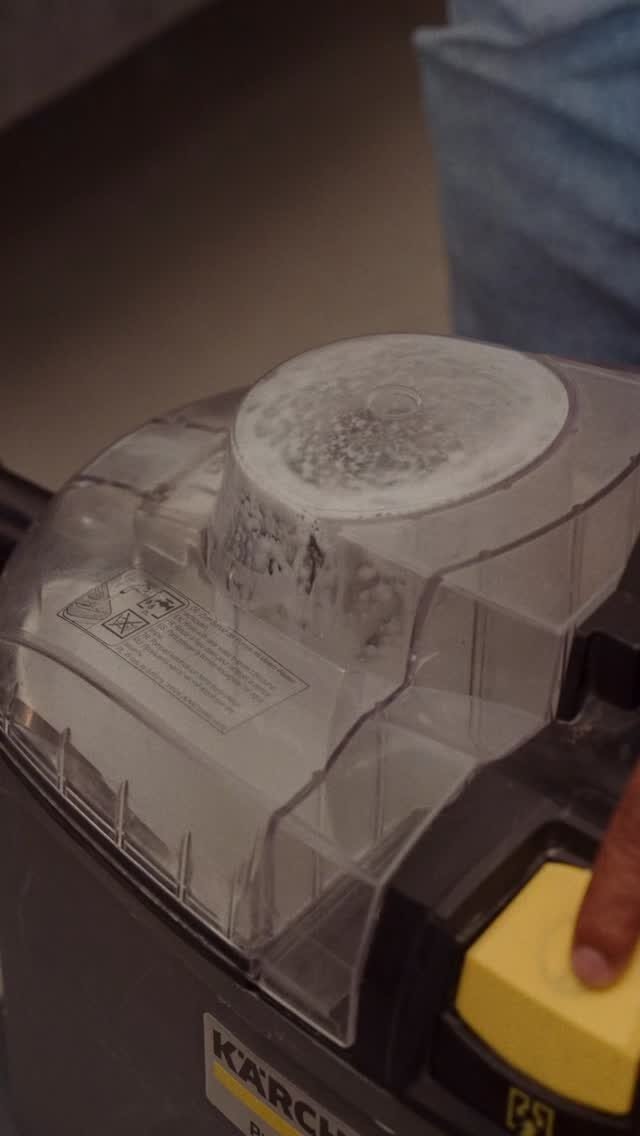Many residents and visitors wonder why is dubai air quality so bad, especially on days when the skyline looks faded under a blanket of haze. Dubai’s impressive modern architecture and clean urban design often give the impression of a spotless environment, yet air pollution continues to be a serious problem. The truth is that several natural and human-made factors combine to make the air quality in Dubai worse than many expect. From constant construction activity and heavy traffic to dust storms sweeping in from the desert, the causes are complex and often interconnected. In this article, we will explore the main reasons why is dubai air quality so bad, the impact it has on health and daily life, and what steps are being taken to improve it.
Table of Contents
ToggleUnderstanding Air Quality in Dubai
Dubai’s air quality depends on a mix of geography, weather, and human activities. The city is located in an arid desert region with very little rainfall. This makes it naturally prone to airborne dust and sand, which can stay suspended in the atmosphere for days. Add to that the rapid urbanization, a growing number of vehicles, and ongoing industrial activities, and you have a recipe for persistent air pollution. Even though Dubai has strong environmental policies and monitoring systems, it remains challenging to keep the air consistently clean in such conditions.
1. Vehicle Emissions: The Biggest Contributor
One of the main reasons why is dubai air quality so bad today is the sheer volume of traffic. Dubai has one of the highest rates of car ownership in the world. Most residents rely on personal vehicles because of the city’s layout and limited walkability in hot weather. Every day, hundreds of thousands of cars emit exhaust gases such as carbon monoxide (CO), nitrogen oxides (NOx), and fine particulate matter (PM2.5). These microscopic particles are particularly dangerous because they can penetrate deep into the lungs and bloodstream, causing long-term health issues.
Rush hours in areas like Sheikh Zayed Road, Al Khail Road, and Downtown Dubai create heavy concentrations of these pollutants. While Dubai has introduced initiatives to encourage electric vehicles and better public transport, the overall number of vehicles on the road continues to rise. This makes transportation one of the top reasons behind poor air quality in the city.
2. Dust Storms and Desert Winds
Another major reason why is dubai air quality so bad is due to natural factors like dust storms. The UAE’s location makes it susceptible to strong northwesterly winds, known locally as “shamal,” which blow fine sand and dust from the Arabian Desert. During these events, visibility can drop dramatically, and fine particles fill the air. Even healthy individuals may experience coughing, sneezing, or eye irritation during dust storms. Because these storms are natural and seasonal, they are difficult to prevent. However, their frequency and intensity make them one of the most noticeable causes of poor air quality in Dubai.
3. Construction and Urban Development
Dubai’s rapid growth and constant construction also play a key role in its air quality problems. The city’s skyline continues to expand with new towers, residential projects, and road developments. Every construction site generates large amounts of dust, cement particles, and debris that easily become airborne. Despite regulations requiring dust control measures such as water spraying and net covers, enforcement varies, and the dry climate makes dust suppression difficult.
Residents living near major construction zones often notice layers of fine dust settling on balconies, cars, and windowsills. While this dust may seem harmless, it contributes significantly to particulate matter levels in the air, worsening respiratory health and overall air quality.
4. Industrial and Energy Emissions
Factories, desalination plants, and power generation facilities also add to Dubai’s pollution burden. Many industrial areas operate 24/7, releasing emissions that include sulfur dioxide (SO₂), nitrogen dioxide (NO₂), and volatile organic compounds (VOCs). Although these industries are vital for the economy, they contribute significantly to the chemical pollutants that accumulate in the atmosphere. The proximity of some industrial zones to residential areas makes the issue more visible. For example, in parts of Jebel Ali and Al Quoz, residents occasionally report a smoky odor in the air on days with low wind circulation.
5. Weather Patterns and Thermal Inversion
The city’s weather patterns often trap pollutants instead of dispersing them. This is mainly due to a phenomenon called thermal inversion. Normally, warm air rises and carries pollutants upward, allowing them to disperse. But during an inversion, a layer of warm air sits on top of cooler air near the ground, effectively trapping pollutants close to the surface. This creates hazy, stagnant conditions that can last for several days. Combined with Dubai’s high humidity, the air feels heavy and suffocating, even though the pollution levels might not seem visible to the naked eye.
6. Marine Emissions from Ports
Dubai’s position as a global trade hub means that marine traffic plays a big part in its economy. Cargo ships and cruise liners docking at Jebel Ali Port and Port Rashid emit significant levels of sulfur oxides (SOx) and nitrogen oxides. These emissions mix with other forms of pollution, especially when wind conditions push them inland. Although new environmental regulations require cleaner fuel use for ships, emissions from the maritime sector remain a factor in the city’s overall air quality.
7. Waste Burning and Open Emissions
In some areas, open burning of waste materials, including construction debris and garden waste, contributes to the problem. While illegal, such practices still occur occasionally on the outskirts of the city. Burning waste releases toxic compounds that worsen local air conditions and increase levels of fine particulate matter. Fortunately, these activities are less common in urban centers due to strict enforcement, but they still impact surrounding communities.
8. Climate Change and Rising Temperatures
Climate change also indirectly worsens air quality in Dubai. Rising temperatures intensify evaporation, increase dust mobility, and make the atmosphere more stagnant. The higher heat can accelerate chemical reactions in the air, leading to the formation of ground-level ozone — a harmful pollutant that causes respiratory distress. Moreover, longer dry seasons and reduced rainfall mean there are fewer natural ways to clean the air.
Health Implications of Poor Air Quality
The effects of poor air quality go beyond discomfort. Exposure to polluted air can cause a range of health problems, including coughing, throat irritation, asthma attacks, and even long-term heart and lung disease. Sensitive groups such as children and the elderly are particularly at risk. In the short term, poor air quality can lead to fatigue, headaches, and allergic reactions. Over time, chronic exposure may lower immunity and contribute to cardiovascular stress. That’s why understanding why is dubai air quality so bad is crucial for making informed choices about when to go outside and how to protect yourself.
What the Government Is Doing
The Dubai Municipality has installed several air monitoring stations that track pollutants like PM2.5, PM10, NO₂, and SO₂ in real time. These stations provide data used to issue air quality alerts when conditions worsen. The government has also introduced policies promoting electric vehicles, renewable energy, and stricter emission standards for industries. Dubai’s Clean Energy Strategy 2050 aims to make the city one of the most sustainable in the world by reducing carbon emissions and transitioning to cleaner fuels. While progress is ongoing, the challenges remain significant due to the combination of natural dust and urban growth.
What You Can Do to Protect Yourself
While you can’t control outdoor pollution sources, there are several ways to reduce personal exposure. Checking daily air quality reports before heading outdoors helps you plan activities on safer days. Using air purifiers at home, keeping windows closed during dusty conditions, and cleaning AC filters regularly all contribute to healthier indoor air. When air quality is poor, wearing a certified mask such as an N95 can filter out harmful particles. It’s also recommended to keep indoor plants that help purify the air, such as snake plants or peace lilies. And of course, scheduling regular deep cleaning helps remove settled dust and allergens that worsen indoor air conditions.
Bio-On’s Perspective on Indoor Air Quality
At Bio-On Cleaning Services, we’ve seen firsthand how outdoor air quality affects indoor cleanliness. During periods of high pollution or dust storms, we receive more calls from residents seeking deep cleaning or AC duct sanitization. Fine dust and pollutants easily make their way indoors through windows, vents, and clothing. Our team provides eco-friendly cleaning solutions that reduce airborne contaminants inside homes and offices. While we can’t control the outdoor environment, we can help create safer indoor spaces where you and your family can breathe easier. Our services are affordable and verified by experts before starting, ensuring transparency and peace of mind for every client.
Conclusion
So, why is dubai air quality so bad? The answer lies in the combination of human activities, natural geography, and weather patterns. Vehicle emissions, construction dust, industrial output, and desert winds all work together to reduce visibility and increase health risks. While authorities are taking steps to improve air monitoring and promote cleaner energy, individuals also have a role to play by maintaining cleaner indoor environments and supporting eco-friendly initiatives. The next time you see a hazy sky or feel that heavy air, remember it’s not just the desert dust — it’s a mix of everything that defines life in a fast-growing modern city. To keep your home air fresh and safe, click the contact button on the right middle of this article to reach Bio-On Cleaning Services and learn how our expert cleaning can help you breathe cleaner air every day.








